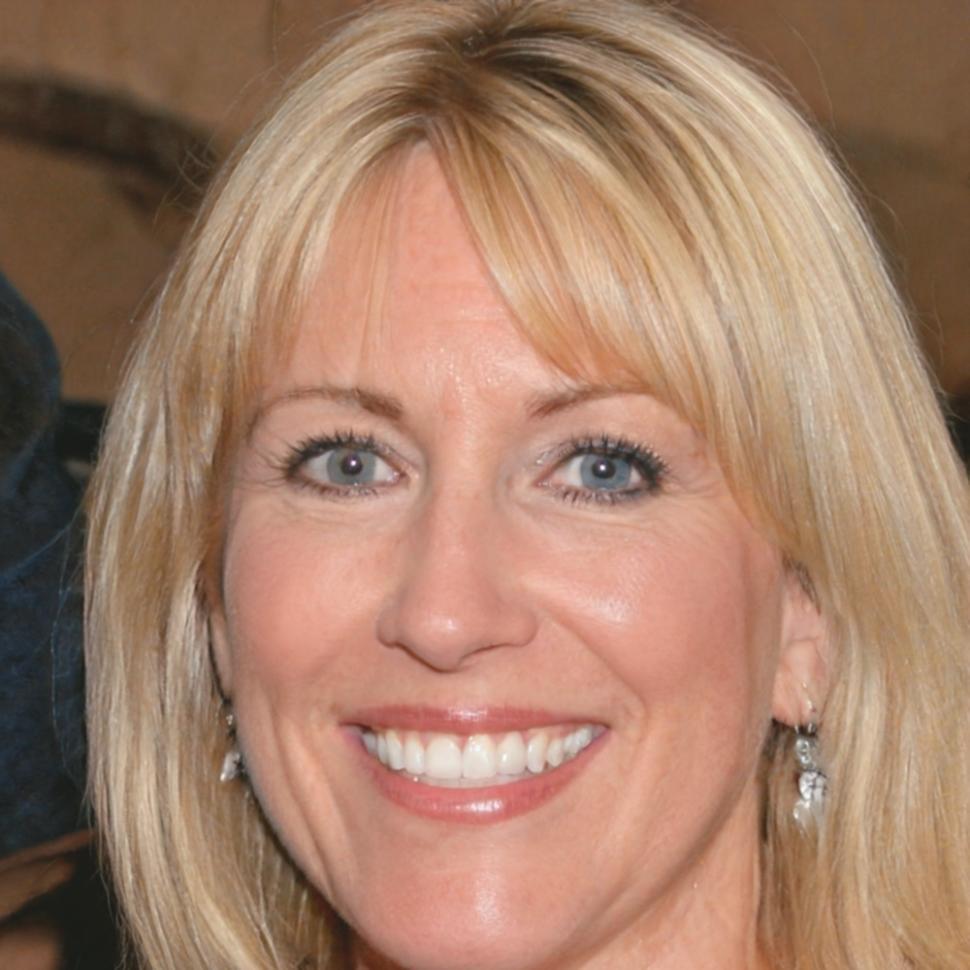Why Planning Feels Complicated
Most people don't struggle with numbers. They struggle with making sense of conflicting advice, understanding what applies to their situation, and knowing where to start.
Our approach starts with your actual circumstances. Not theoretical scenarios. We teach you how to analyze your situation, identify what matters most, and build plans you can adjust as life changes.
Starting in September 2025, we're offering a six-month program that walks through economic fundamentals, personal financial analysis, and long-term planning frameworks. It's designed for working professionals who need flexible learning options.

